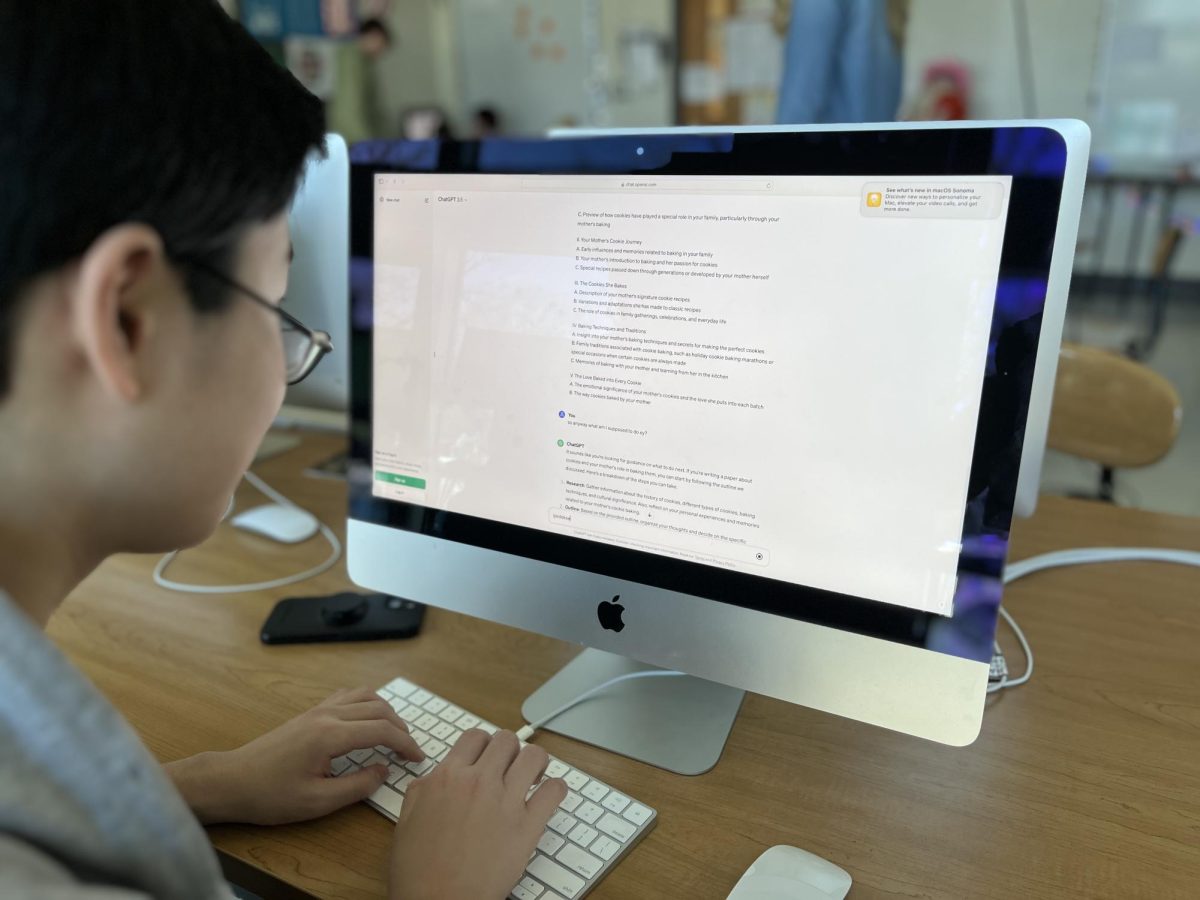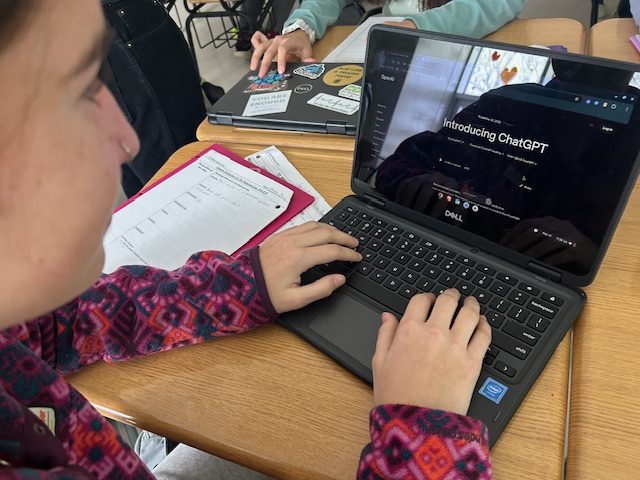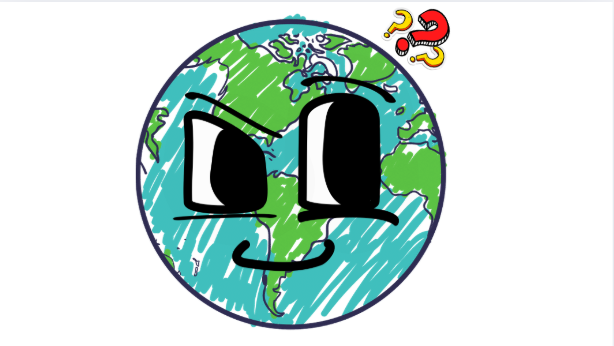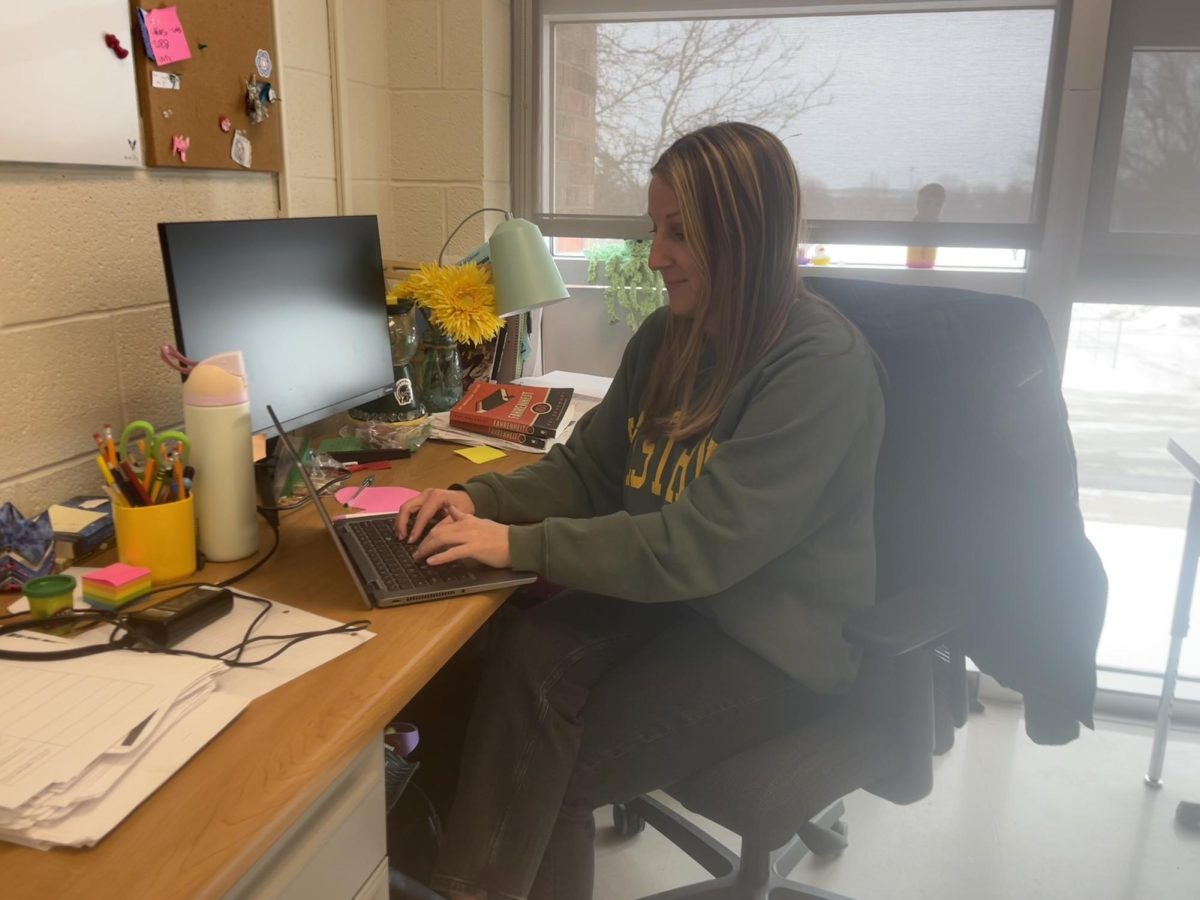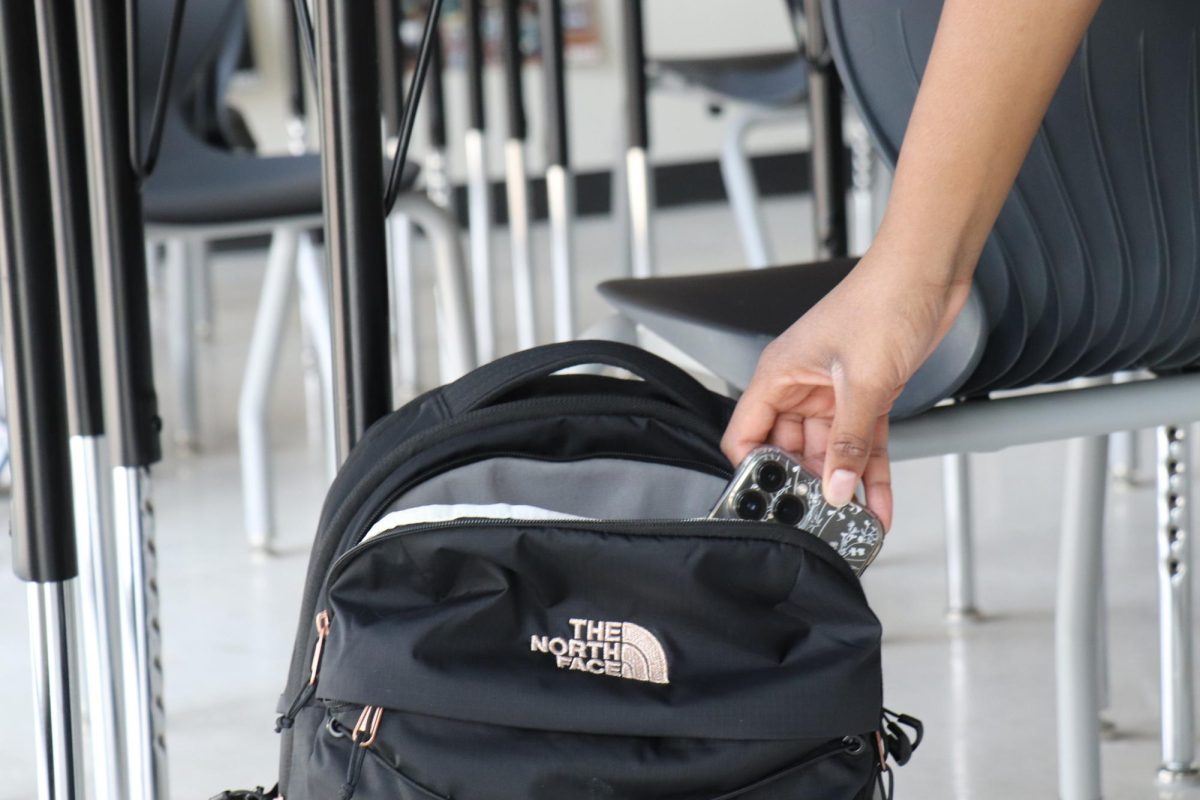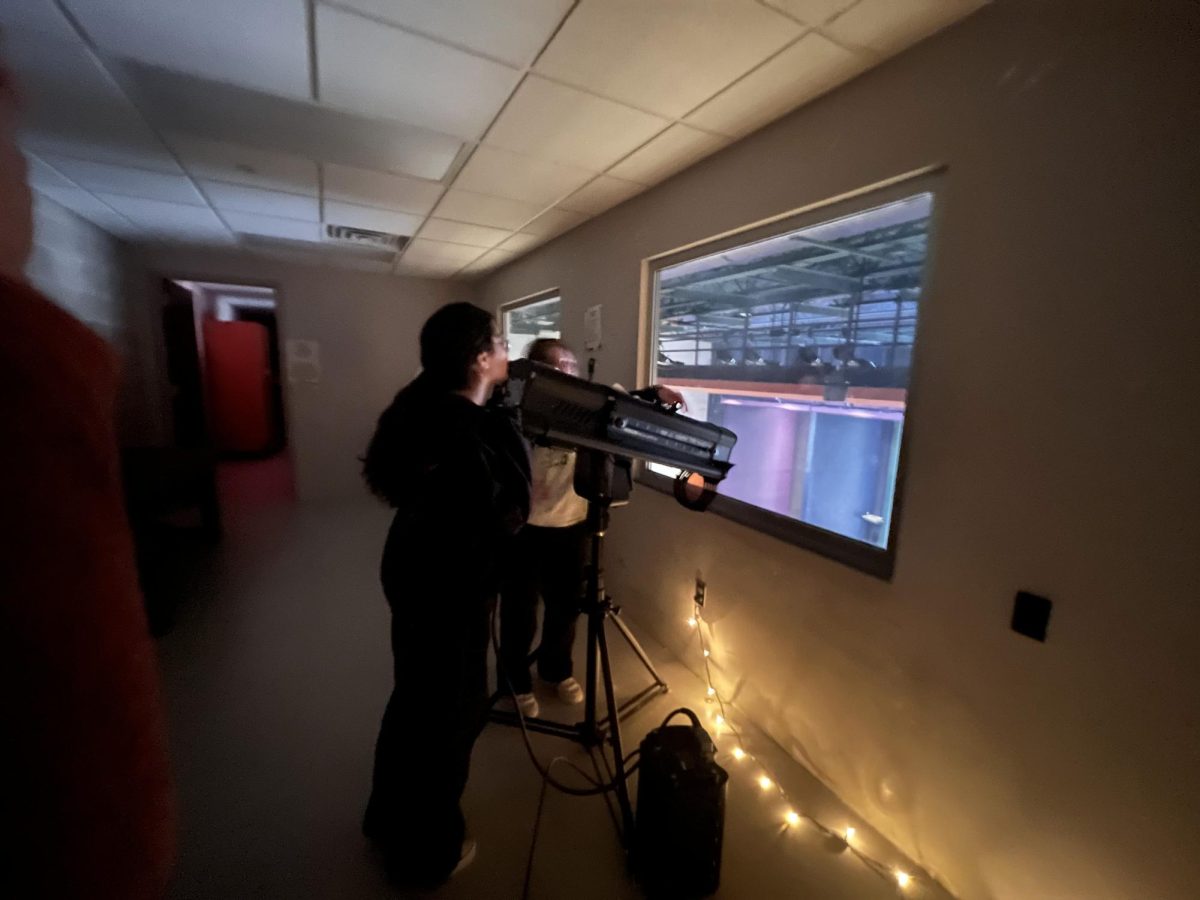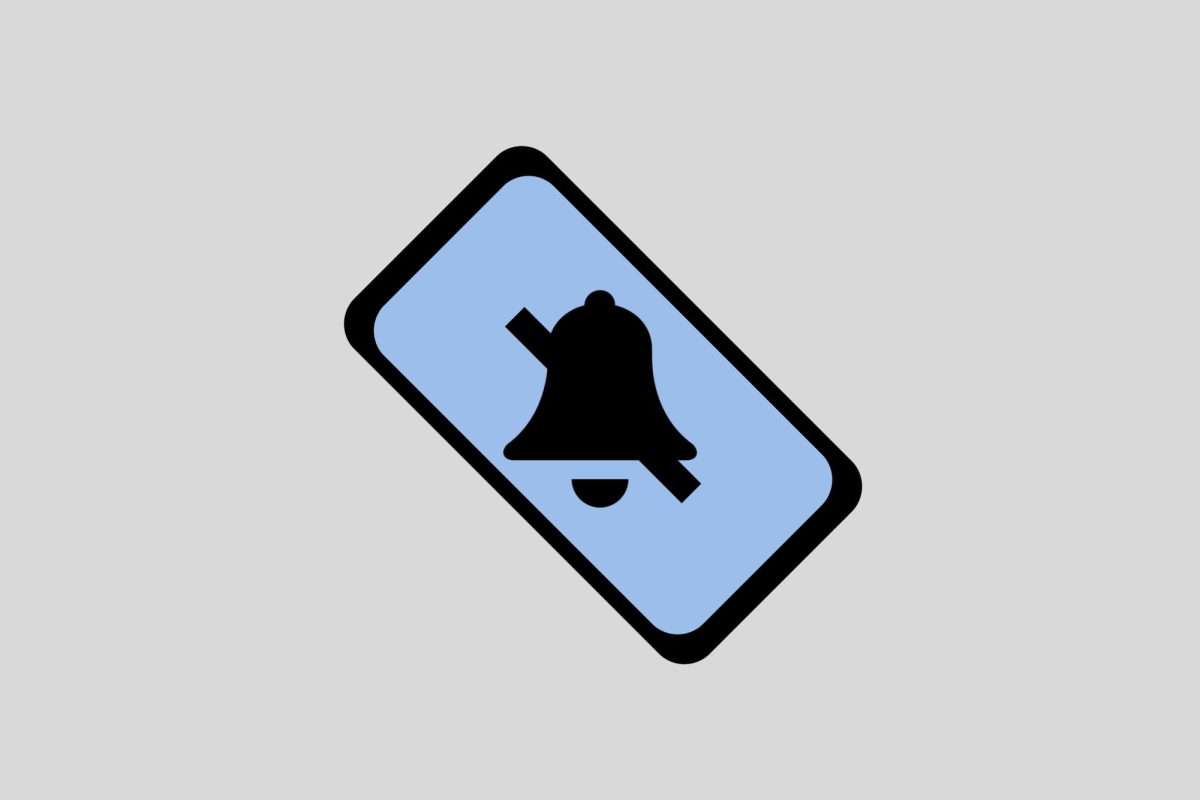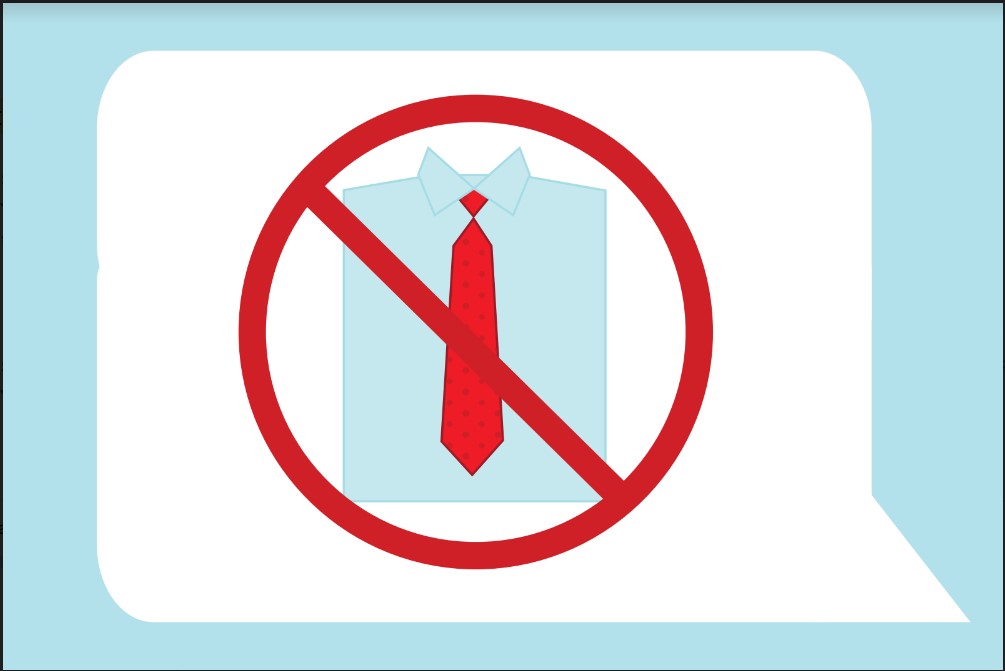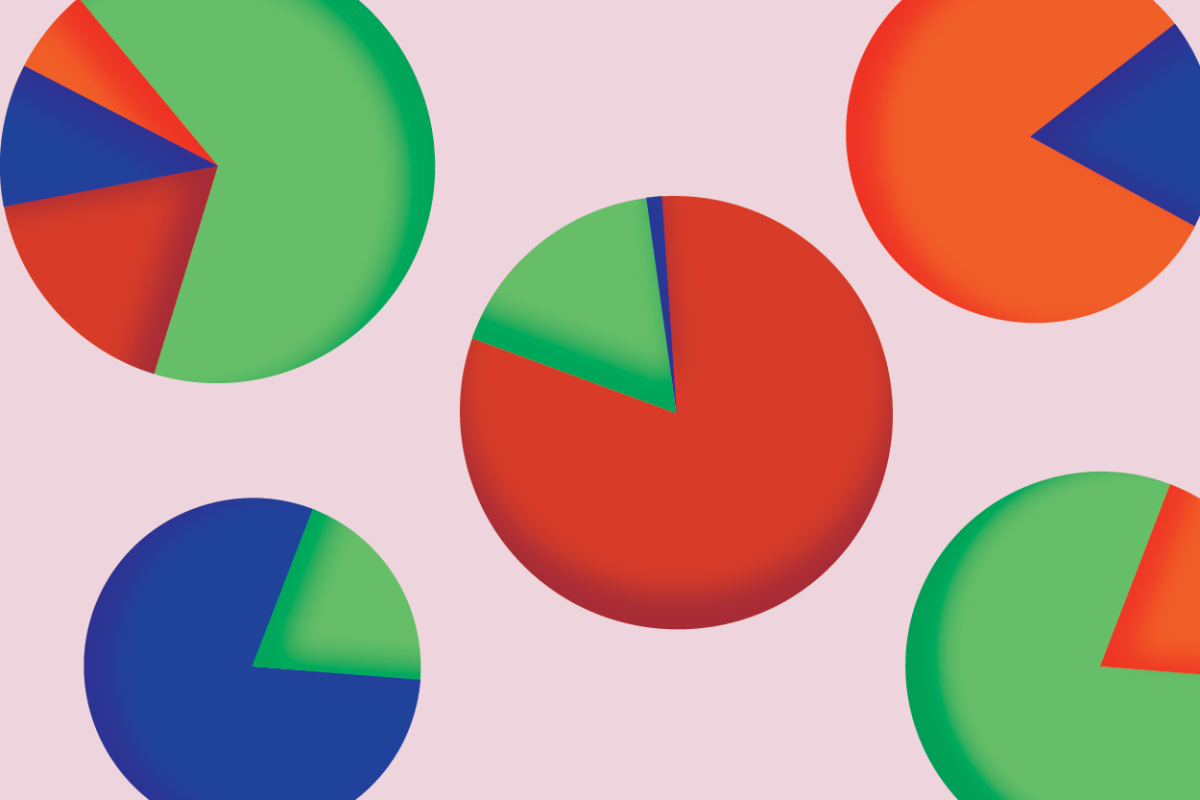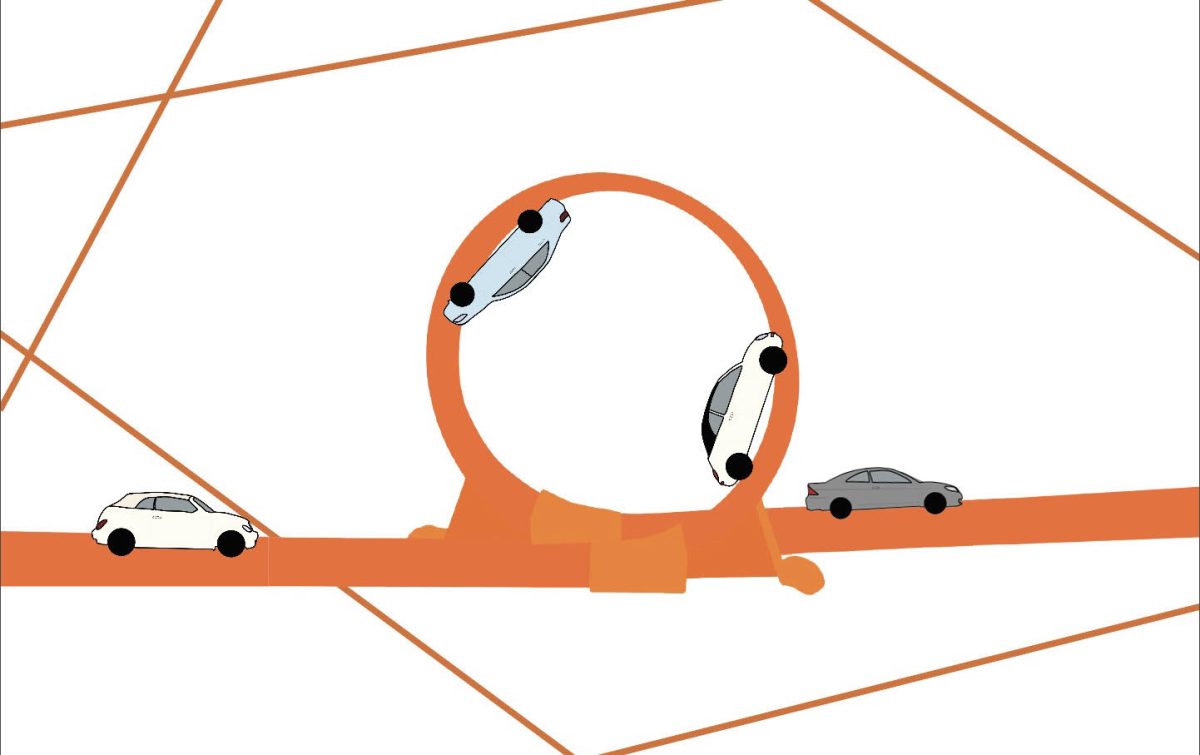Could you write a paragraph for me? Could you make it at least 500 words? These questions are common, but aren’t even a fraction of what Artificial Intelligence can do. The capabilities AI has is truly futuristic to our modern era, and has been crazed over a year after ChatGPT released in 2022. Since then, it’s been adopted by many, from businesses and companies to even now schools. The question is how good is it to mix AI and education? Especially for a tool of its caliber. Could it be harmful to the process of learning and new skills for students?
When it comes to AI, it’s highly debated for certain uses and capabilities it has that people can use. The ethics of what it can do, or if they should be used. Whether it should be a type of resource, especially in an academic setting, and if it’s really ethical or unethical. And to a point it really depends on its use.
It’s unethical for a lot of its features. Someone can completely plagiarize by generating entire paragraphs worth of information. AI can easily find answers to something without someone really understanding why it’s the answer. It removes learning and analytical skills out of the picture by making it a single multi-purpose tool to get answers.
Students have also used AI to help formulate ideas and not to use it to generate any sort of content as their own, but this can hinder a person’s creative thinking. It still makes them dependent on AI, and still doesn’t counteract much for how it is being used to cheat.
Numerous studies show people can and have used AI to make and answer essay questions and other academic tests when able. Like a survey from Study.com that asked 1,000 college-age students about their use of AI, 48% used it for an at-home quiz, 53% used it for an essay and 22% used it for an outline.
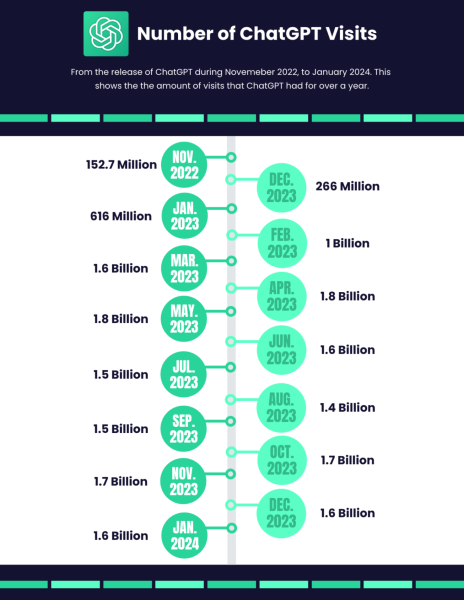
A multitude of stories have been reported on how students use AI to cheat ever since its release to the public. For example an assistant professor at Furman University found out a student had used AI for an at-home essay, but he only really had a hunch about it, and only found out by the student admitting to using AI, and he even tried recreating the answer, with no success. Presenting how students can not only use AI to their advantage, but also can get away with it. Which ultimately will worsen how students will deal with education, tackling entirely differently than before AI. This tool is almost impossible to counter, but as this issue has become more apparent, the more tools are made to stop it. Tools such as AI detectors, and even with that teachers could lean into more standardized testing, with that being harder to cheat in.
The credibility of AI is also questionable. People have found by AI’s design, it’s an unreliable source. According to a Physics Forum, Stephen Wolfram found that AI (specifically ChatGPT) lacks any concept of information, and is able to use words, but has no idea what they mean, so it isn’t meant to answer questions or provide information. This is critical because it shows the whole picture, ChatGPT is not meant to be used to get answers, so its answers aren’t fully reinforced with backing or anything, just what ChatGPT gathers from what it’s given to train its functions and responses.
Furthermore when asking directly to ChatGPT about its sources it says that it has no specific one and mixes multiple sources together, there’s no actual credible source that secures the information and that it’s factual information. Asking for a source used, will result in a source given that it says is credible, but wasn’t used for its answer.
There is some credit to give towards AI, it’s able to answer questions extremely quickly, faster than the human brain can. But that’s more counter intuitive for long-term learning. Especially if it’s a problem that requires an answer, nothing is learned about why that’s the answer, it entirely skips the process of learning the how, it goes straight to the answer instead. Leaving a lack of understanding for the brain.
AI is not a horrible tool and shouldn’t be banned completely. Even with its exploitative abilities, it still can be useful to students, if used correctly. It should never become something a person would be dependent on, instead it could be something that builds on the structure of students’ original ideas, and be a learning tool for students.



